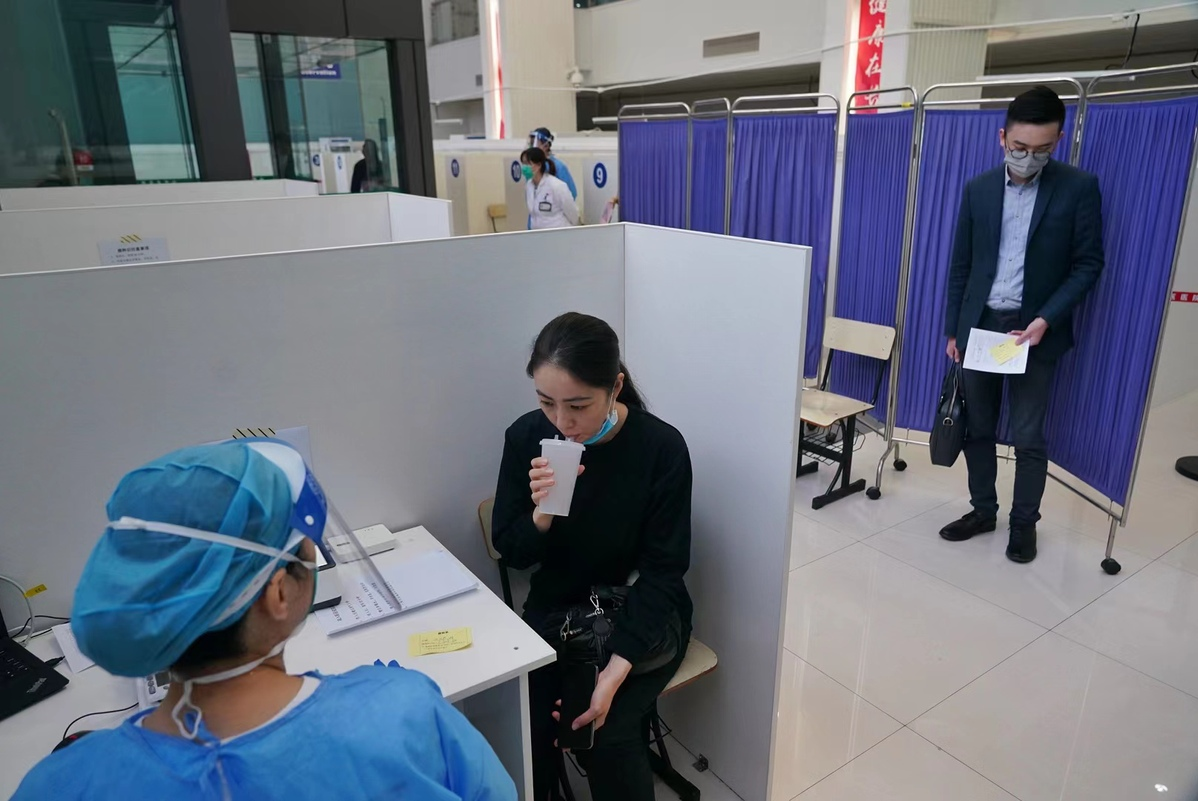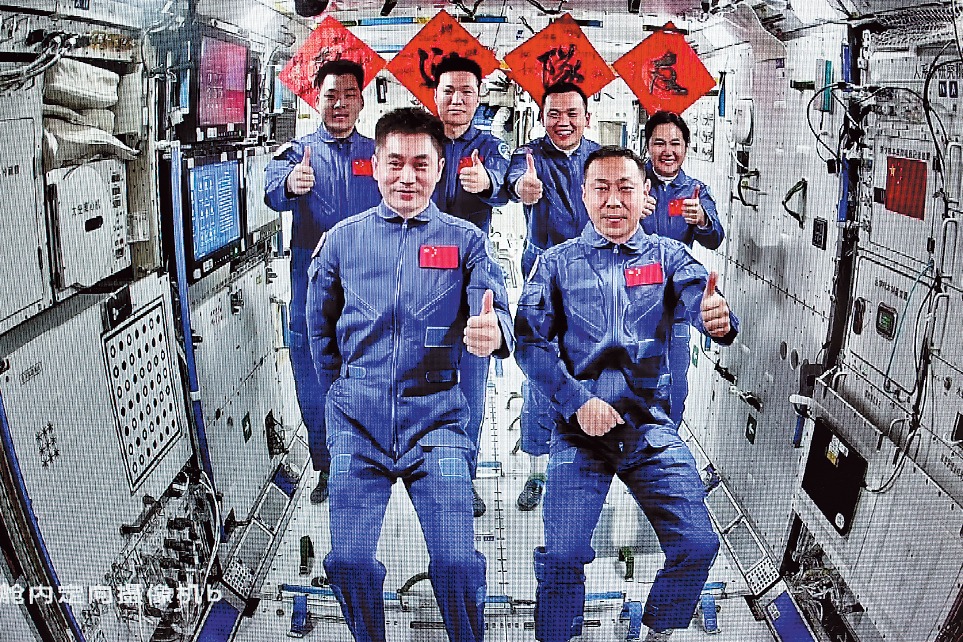Chinese scientific achievements elected biggest science stories of 2022
chinadaily.com.cn | Updated: 2022-12-22 13:31

Two Chinese scientific achievements are included in the 10 biggest science stories of 2022 chosen by scientists, according to a report by the Guardian.
In COVID's boost to immune research category, the use of sniffable or inhale-able vaccines – mucosal vaccines, which are already used in China to tackle COVID 19 - was introduced by Sheena Cruickshank, professor of biomedical sciences and public engagement at the University of Manchester, the Guardian reported on Sunday.
Cruickshank said the inhale-able vaccines, which is much more appealing for those of us who are needle-phobic, may offer long-term protection against respiratory viruses. If these new developments deliver on their promise, then one day soon the calls for annual shots could be a thing of the past, according to Cruickshank.
In the AI new antibiotics category, Chinese scientist Ma Yue and his colleagues' efforts in using AI to overcome resistance and replenish our arsenal of effective antimicrobials while developing new drugs was praised by Eriko Takano, professor of synthetic biology at the Manchester Institute of Biotechnology.
Ma Yue and his colleagues from the Chinese Academy of Sciences used machine-learning techniques originally developed for natural language processing to identify antimicrobial peptides encoded by the genome sequences of microbes in the human gut.
The algorithm identified 2,349 potential antimicrobial peptide sequences. Among them, 216 peptides were synthesized by chemical methods, and 181 were shown to have antimicrobial activity.
This is an impressive success rate, which would not have been possible without the aid of AI, according to Takano.
From moon missions to fast-charging batteries and AI-sourced antibiotics, the year's significant scientific developments have been chosen by a group of scientists in no particular order, the Guardian reported.
























